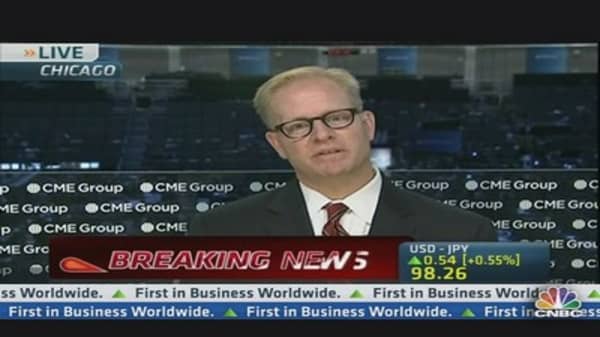If there have been doubts about the effectiveness of Japan's radical economic policies, widely known as "Abenomics," Friday's flurry of data should help put some of the disquiet to rest, analysts told CNBC.
The country released a slew of data from inflation to industrial output and retail sales, which largely painted an improving picture of the world's third largest economy.
Core consumer prices stopped a seven-month slide in May, after the consumer price index (CPI) came in flat compared to a year ago, meeting forecasts.
The Tokyo core CPI meanwhile, which is seen as a leading indicator on the economy and released a month in advance of overall Japan data, rose 0.2 percent in June from a year earlier.
(Read More: Reality Will Clobber Japan: Peter Schiff)
Retail sales for May also backed strength on the consumer front, rising 0.8 percent year on year, also snapping a losing streak that lasted four months.
The standout figures were the industrial output numbers, which rose 2 percent in May and up for the fourth month in a row, and are seen gaining momentum in the coming months, according to the Ministry of Economy, Trade and Industry survey.
"The data we saw this morning [Friday] overall were very positive numbers [and show] the effectiveness of the Bank of Japan [BOJ] monetary policy and 'Abenomics'," said Junko Nishioka chief Japan economist at RBS Securities, Japan .
"The CPI finally got out of negative territory. There's still a long way to go to achieve 2 percent inflation target, but as long as the Japan economy continues to expand and weaken yen maintained by Bank of Japan policy, CPI will likely gain momentum in the second half of this year," she said.






